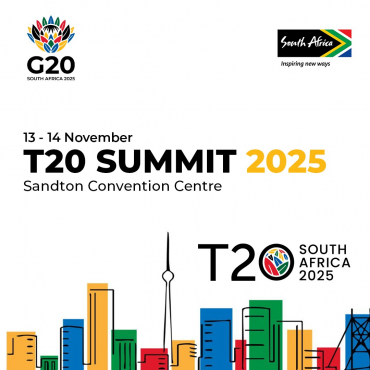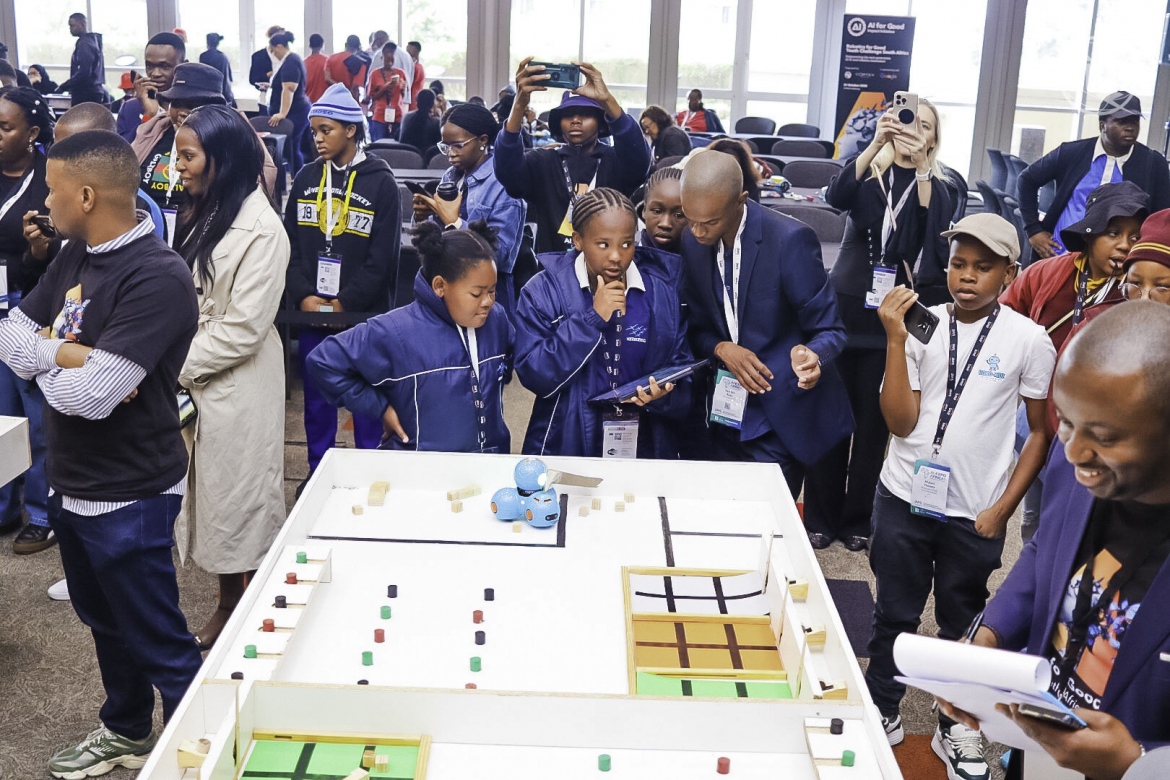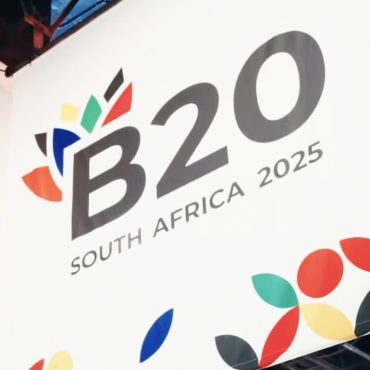
T20 with G20 Side Event: Launch Communique
Africa Tech Radio November 20, 2025 JOHANNESBURG — In a world where disinformation spreads faster than a viral TikTok dance (or, let’s be real, faster than load-shedding rumors), the T20 […]
 play_arrow
play_arrow
Africa Tech Radio [Live] africatechradio
africatechradio November 25, 2025

Johannesburg, South Africa – November 2025
“How do we make sure AI never becomes one that ‘Advances or perpetuates inequality’?” That was the central question echoing through the halls of the Sandton Convention Centre last week as hundreds of African tech leaders, policymakers, innovators, and global experts gathered for #AIforGood Impact Africa 2025.
Organised by the International Telecommunication Union (ITU) in partnership with the South African Department of Communications and Digital Technologies (MIIT), the two-day summit wasn’t just another conference; it was a deliberate attempt to put African voices, needs, and talent at the centre of the global AI conversation.
“AI can either widen the gap or become the greatest equaliser we’ve ever had,” said Thomas Basikolo, ITU’s AI for Good Regional Coordinator for Africa, in his opening remarks. “Today we choose the second path.”

Concrete action followed the rhetoric.
Key launches included:
– The Innovate for Impact Report 2025, a continent-wide showcase of grassroots AI projects tackling everything from climate-resilient farming in Kenya to maternal-health diagnostics in rural Nigeria. The report spotlights individuals and teams who are already proving that world-class innovation doesn’t need a Silicon Valley postcode.
– A major new AI & Robotics Youth Training Programme, backed by Google, will.i.am’s FYI.AI foundation, and ITU’s Giga school-connectivity initiative. The multi-year rollout will train thousands of African students in coding, robotics, and machine-learning fundamentals – with curricula customised for local languages and contexts.
– The Your Voice, Your Device, Your Language” Machine-Learning Challenge, which calls on developers across the globe to build an offline-capable Kiswahili Automatic Speech Recognition (ASR) model that actually works in noisy, low-resource environments. With over 100 million native speakers and tens of millions more using it as a lingua franca, a robust open-source Kiswahili ASR could unlock voice interfaces for everything from education apps to agricultural market-price alerts.

The energy in the room was unmistakable. From teenage robotics champions demoing their solar-powered crop-monitoring bots to government officials signing letters of intent for national AI-skilling strategies, the summit felt less like a talking shop and more like the starting gun for a broader movement.
A highlights reel is in the works (expect goosebump moments), and the initiatives launched in Joburg are already scaling. The report lunched by Amb. Lavina Ramkissoon keynote address. Registration for the youth programme opens next month, the ML challenge prize pool is live, and the Innovate for Impact Report is available for download now. If last week proved anything, it’s this: an inclusive AI future isn’t a hopeful slogan; it’s a set of decisions being made right now, on the African continent, by Africans and their allies.
The question is no longer whether AI can work for Africa. It’s whether the rest of the world is ready to keep up.
#AIforGood #ImpactAfrica2025

africatechradio November 25, 2025
Africa Tech Radio November 20, 2025 JOHANNESBURG — In a world where disinformation spreads faster than a viral TikTok dance (or, let’s be real, faster than load-shedding rumors), the T20 […]

© Copyright 2023 Africa Tech Radio. All rights reserved.
Post comments (0)